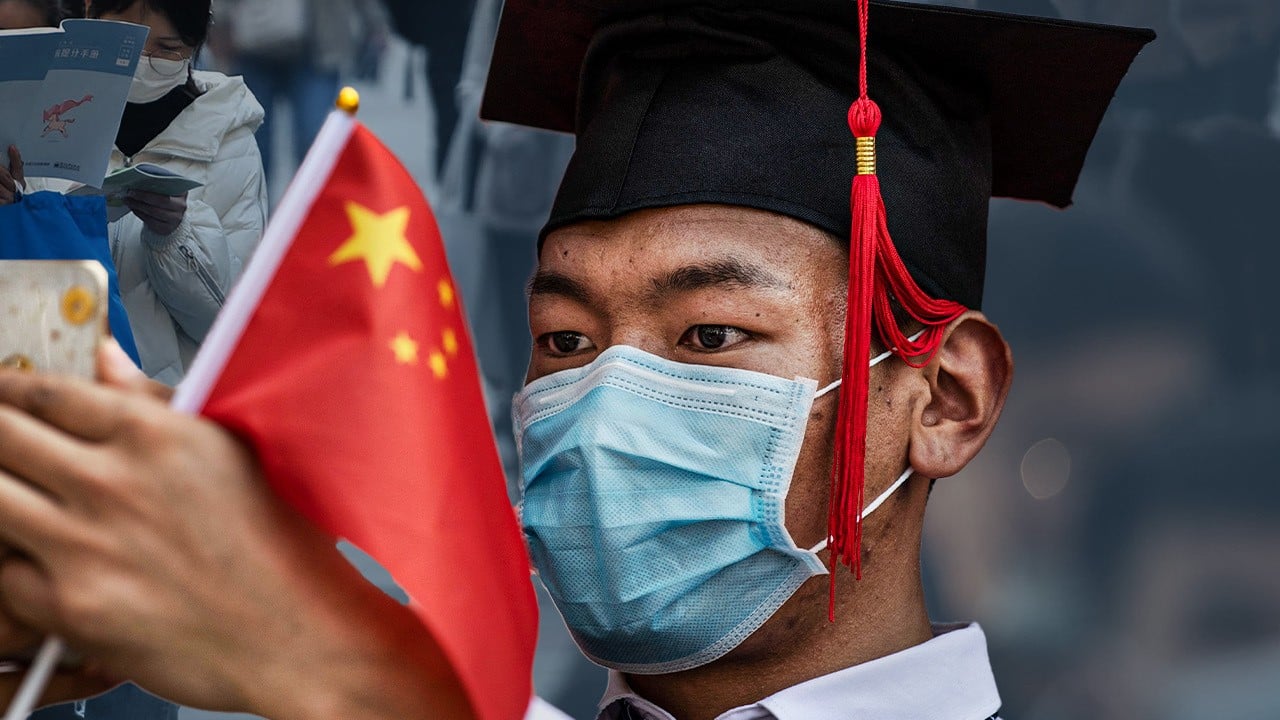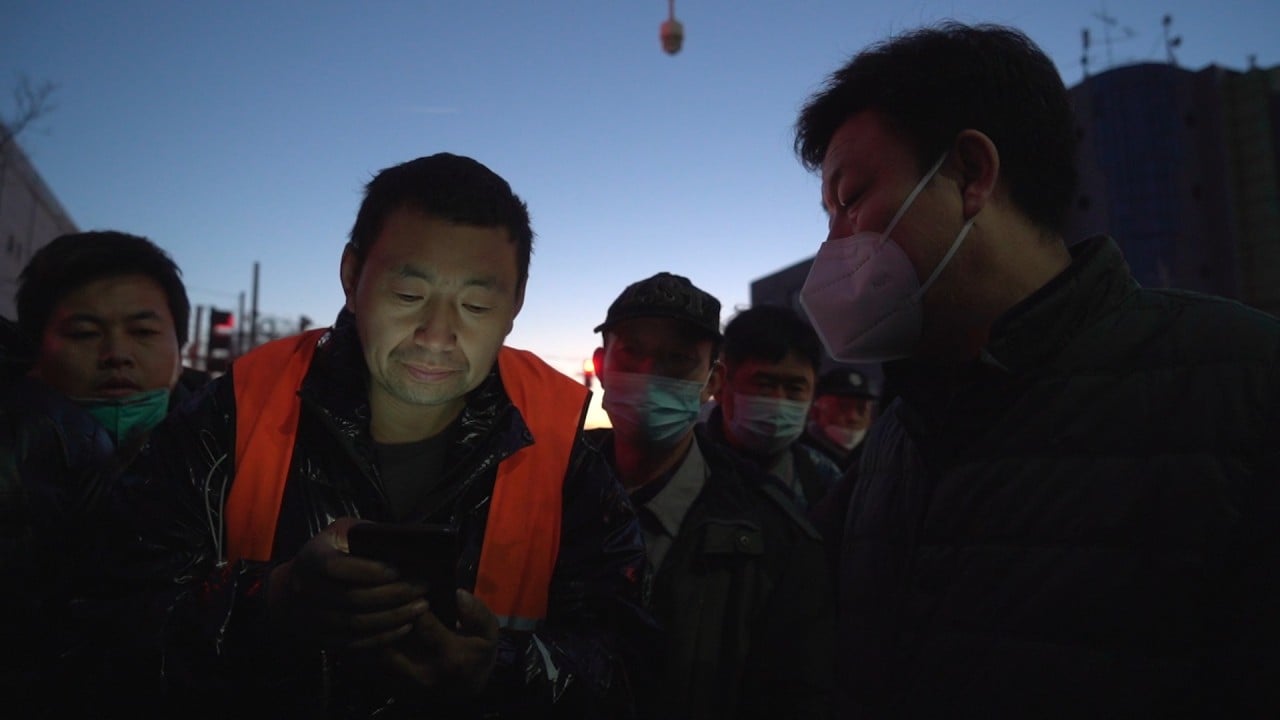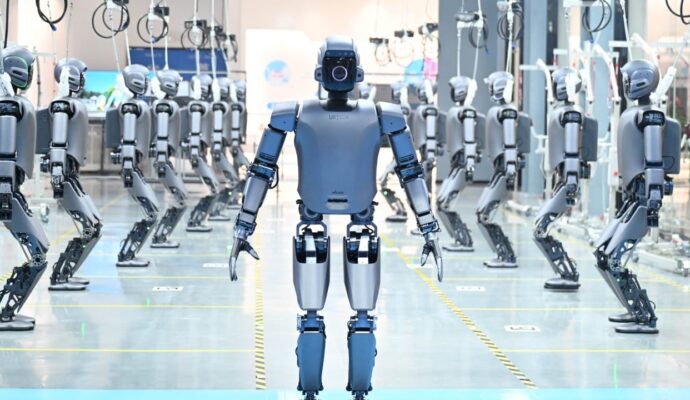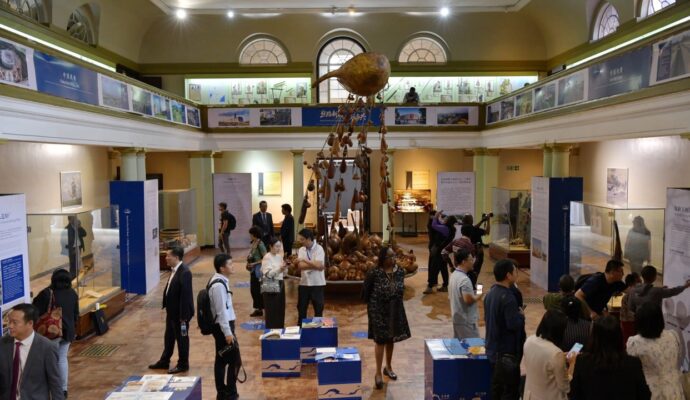“However, it is worth noting that there is robust demand for talent in AI and big data,” she said, adding that there was also growing demand from its service sector including elderly care and tourism.
The minister also pledged to increase support such as secured loans and tax breaks for private companies and businesses looking to recruit.
Wang’s assessment comes as the country grapples with a sluggish job market, especially for young people.
The rate meant that at least one in every five people aged 16 to 24 was jobless at the time.
The NBS resumed publishing the data in January, but this time it excluded tertiary students, bringing the rate for December down to 14.9 per cent.
Citing the Ministry of Education, Wang said 11.79 million students were expected to graduate from the country’s universities and colleges this year.
To help people find jobs, authorities held 32,000 job fairs, subsidised vocational training for more than 18 million people, and issued over 300 billion yuan (US$41.7 billion) to support employment and entrepreneurship last year.
Emptying villages or job-scarce cities: rural Chinese have tough row to hoe
Emptying villages or job-scarce cities: rural Chinese have tough row to hoe
She said another national priority was to expand the pool of highly skilled blue-collar workers to meet the growing demand from factories, advanced manufacturers and service sectors.
Skilled technicians account for about 26 per cent of the workforce and demand for these workers is growing, according to the human resources ministry.
By 2025, China is expected to have 30 million vacancies in manufacturing, or roughly half of all jobs in the sector.
Those unfilled jobs are hampering China’s ability to meet its aspiration to move up the global value chain.
Hi-tech manufacturing requires a skilled labour force, a bottleneck that is worsening as the United States squeezes China’s access to advanced technology.
According to Wang, China will train more people in digital technology, smart manufacturing, big data, blockchain, integrated circuits and future industries.
Those goals were echoed by Education Minister Huai Jinpeng, who also vowed to improve AI education in schools and equip more teachers with digital knowledge.
“We will also give sustained and robust support for young researchers at the beginning of their academic journeys, allowing them to make mistakes, thereby enabling them to delve deeply into emerging fields and ultimately generate significant, original, and disruptive outcomes,” Huai said.
He said the ministry would encourage universities to train more students in basic research and engineering technology, sectors critical to China’s economy.
China has set a target of creating more than 12 million new urban jobs while maintaining its survey-based urban unemployment rate at around 5.5 per cent this year.




